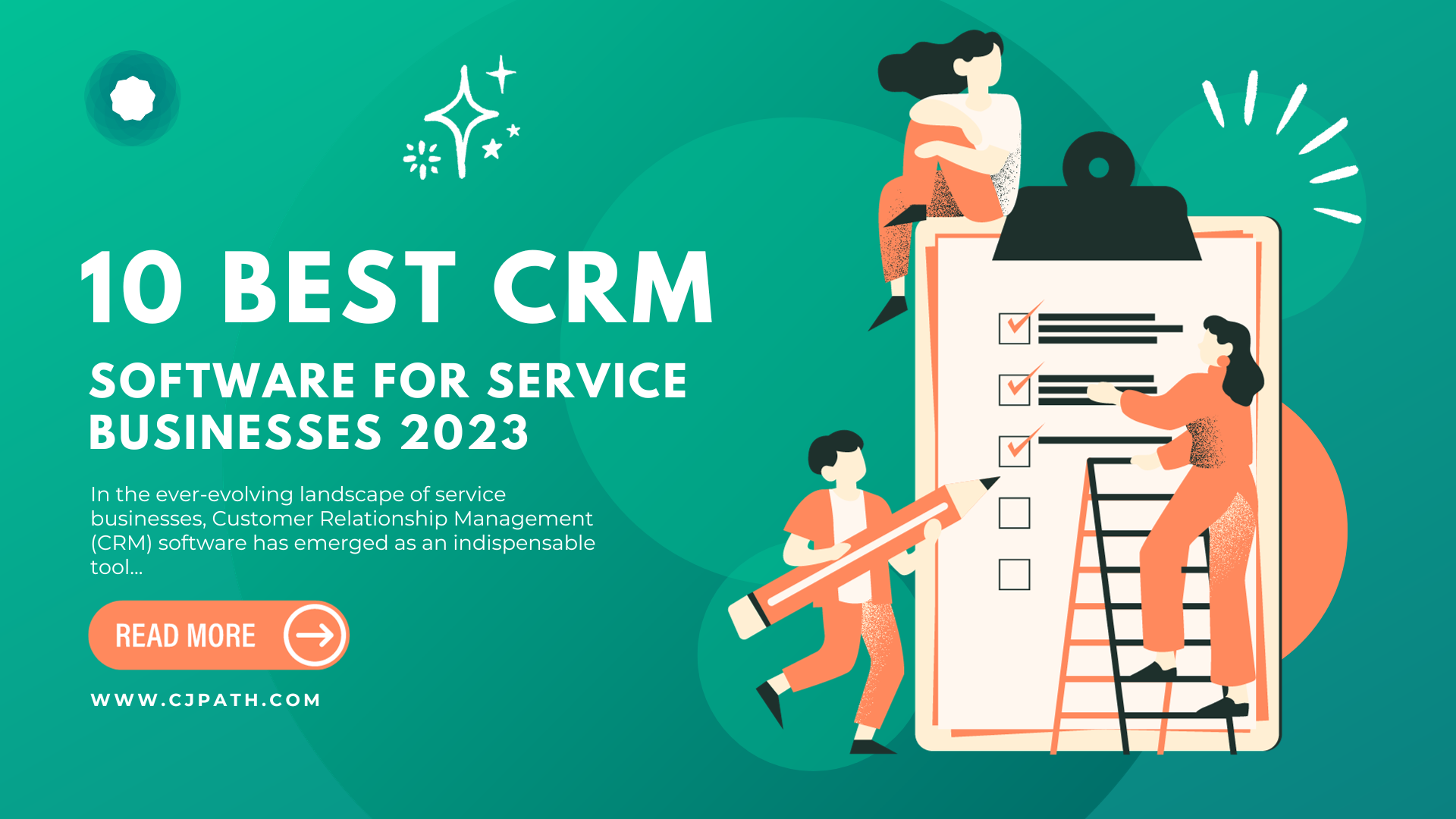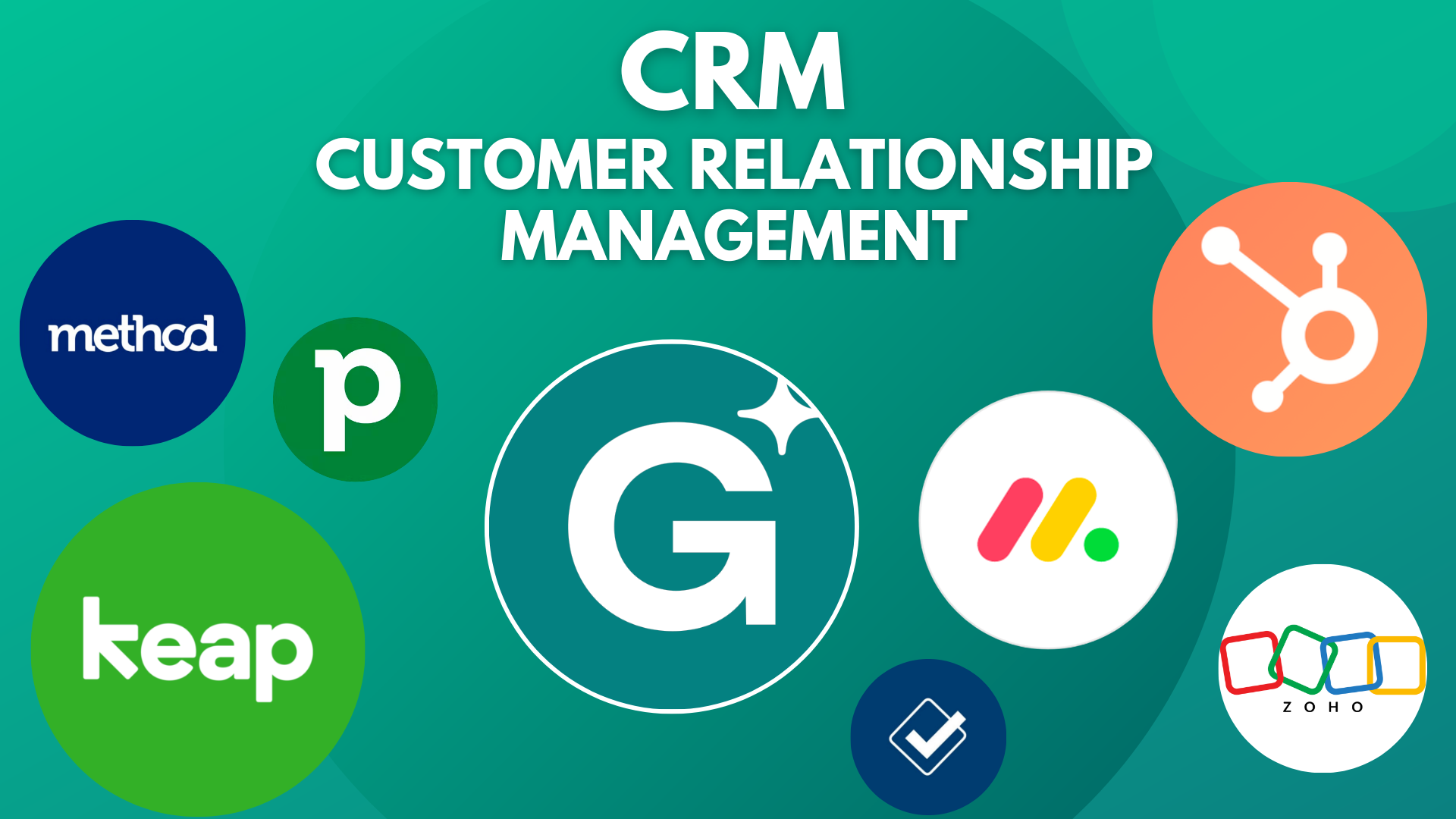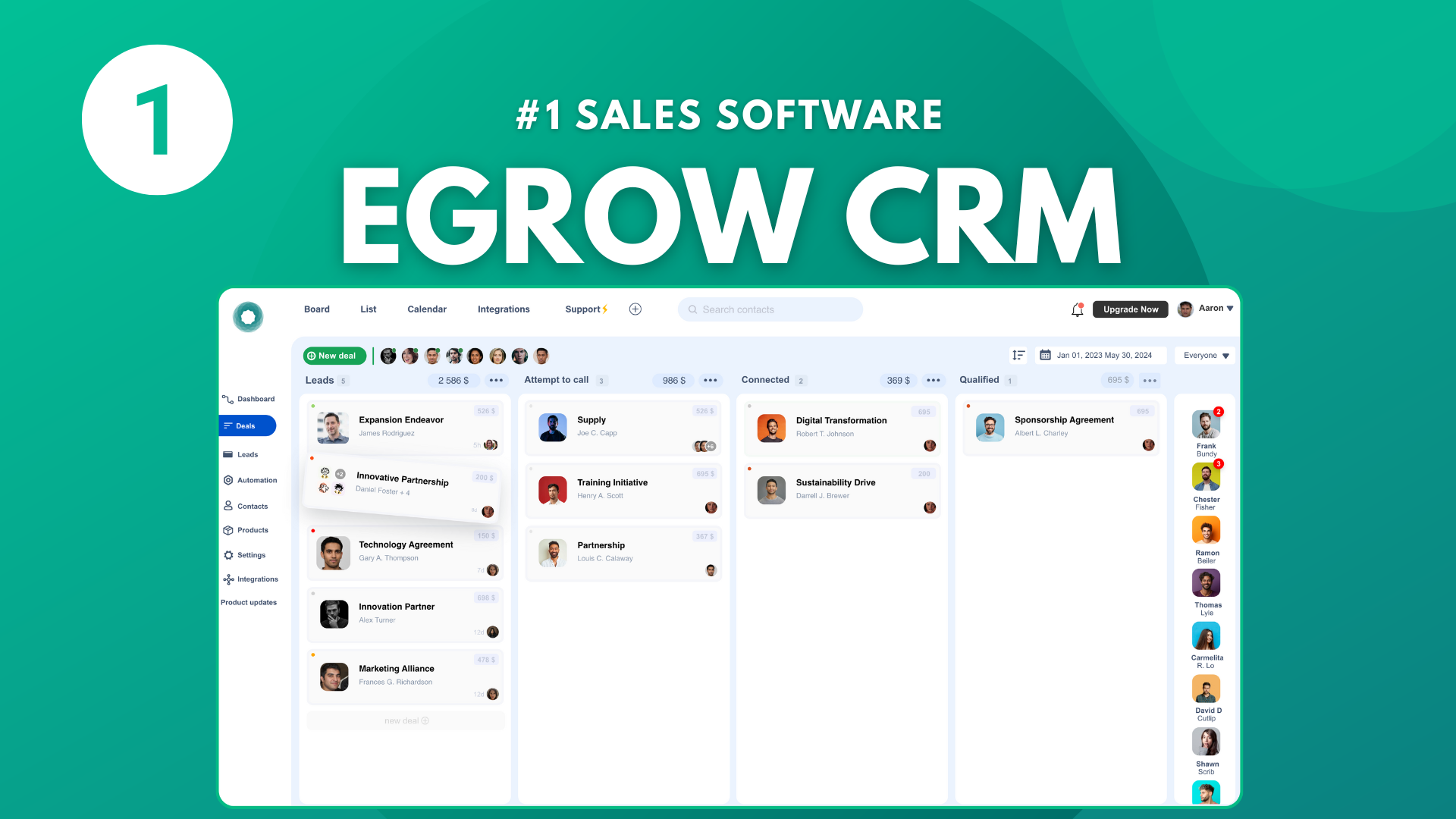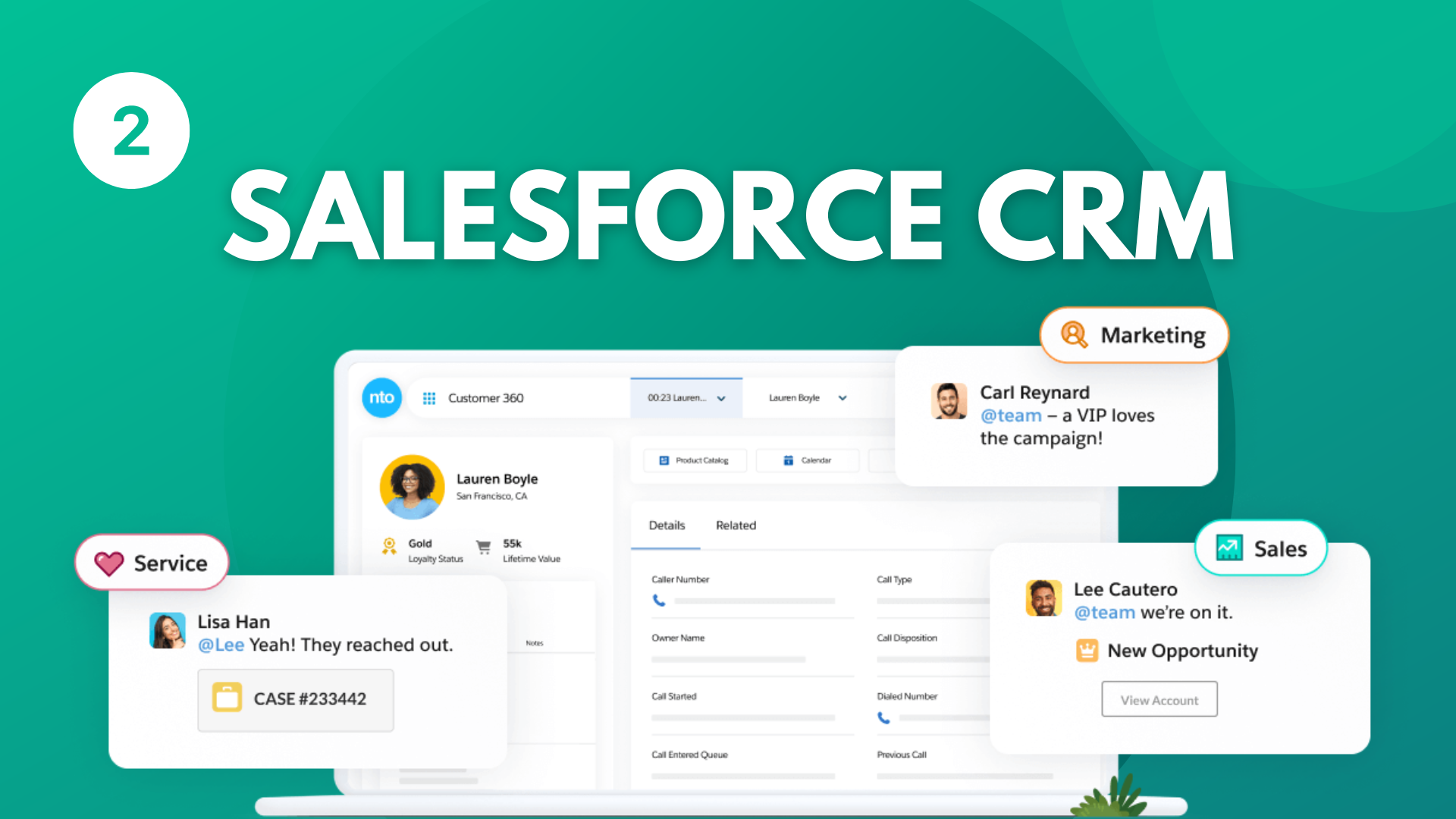
In the ever-evolving landscape of service businesses, Customer Relationship Management (CRM) software has emerged as an indispensable tool, facilitating a seamless interaction between companies and their clientele.
The abundance of CRM solutions available in the market can be overwhelming, and while we have endeavored to distill this plethora of information into a digestible format, it is paramount to conduct thorough research tailored to your specific business needs.
CRM systems are pivotal in managing customer interactions, ensuring that every touch point is an opportunity to foster relationships. The right CRM tool acts as a linchpin, connecting various facets of your business, from sales and marketing to customer support.
This article delves into an array of CRM software, each with unique features and capabilities, to aid service businesses in making an informed decision. The criteria for evaluation encompass a broad spectrum, ensuring a holistic view of what each CRM tool brings to the table.

While this article serves as a comprehensive guide, replete with insights and analyses, it is crucial to bear in mind that the needs of service businesses are as diverse as the solutions available.
Therefore, we encourage readers to use this article as a springboard for further exploration, ensuring that the chosen CRM software aligns seamlessly with their business objectives and customer service ethos.
What Should You Look for in a CRM Platform for a Service Business
When selecting CRM software for your service business, it’s crucial to consider various facets that will impact its effectiveness and alignment with your business goals. Here’s a comprehensive list of criteria to guide you in making an informed decision:
- Functionality
- Usability
- Integration Capabilities
- Data Management and Analytics
- Cost
- Support and Training
- Security and Compliance
- Vendor Reputation and Reliability
- Technology Infrastructure
- Implementation and Adoption
- Future-Proofing
By meticulously evaluating each of these criteria, you can ensure that the CRM software you choose not only meets the current needs of your service business but is also a sustainable choice for the future.
The 10 Best CRM Platforms for Service Businesses in 2024
1 - eGrow CRM

eGrow is a comprehensive marketing analytics platform designed to empower businesses with insights to optimize their marketing strategies. It offers a range of features to help users gain a deep understanding of their marketing performance and customer behavior. Below is an overview of eGrow CRM automation, its key features, and pricing structure:
eGrow CRM automation Overview:
eGrow is a data-driven marketing analytics tool that allows businesses to track and analyze the performance of their digital marketing efforts. It provides a holistic view of various marketing channels, enabling businesses to make data-informed decisions and improve their marketing ROI. With eGrow, you can:
Track Marketing Channels: Monitor the performance of your various marketing channels, such as paid advertising, email marketing, social media, and more. Gain insights into which channels are driving the most conversions and revenue.
Customer Journey Analysis: Understand your customer's journey from the first touchpoint to conversion. Identify the key touchpoints and interactions that lead to conversions, allowing you to refine your marketing strategies.
Attribution Modeling: eGrow offers advanced attribution modeling, helping you allocate credit to different marketing touchpoints accurately. This ensures that each channel receives the appropriate recognition for its contribution to conversions.
Custom Reporting: Create custom reports and dashboards to visualize your data in a way that's most relevant to your business. eGrow offers a user-friendly interface for data exploration.
Conversion Tracking: Set up and track conversions, whether it's e-commerce sales, lead generation, or any other desired action. Understand what's driving your business objectives.
Key Features:
- Multi-Channel Tracking: Monitor the performance of various marketing channels in one unified platform.
- Customer Journey Mapping: Visualize the complete customer journey, from awareness to conversion.
- Advanced Attribution Modeling: Accurately attribute conversions to the right marketing touchpoints.
- Custom Reporting: Create tailored reports and dashboards to meet your unique reporting needs.
- Conversion Tracking: Track and analyze conversions to understand your business's success.
Pricing:
eGrow offers flexible pricing plans tailored to different business needs. While specific pricing details may vary, typical pricing models include:
- Starter Plan: Ideal for small businesses or startups, offering essential features for a competitive price.
- Pro Plan: Suited for growing businesses, providing advanced features and more extensive data analysis capabilities.
- Business Plan: Designed for large businesses and corporations, offering robust analytics, customization options, and dedicated support.
eGrow may also offer a free trial or a free version with limited features for users to explore the platform before committing to a paid plan.
Concluding this comprehensive benchmark analysis of various CRM platforms, it becomes evident that navigating the landscape of CRM solutions and extracting the most pertinent and relevant information can be a challenging endeavor. The myriad of features, pricing structures, and security measures across different platforms necessitates a careful and thorough evaluation to identify the solution that best aligns with an organization’s specific needs and preferences.
2 - Salesforce

